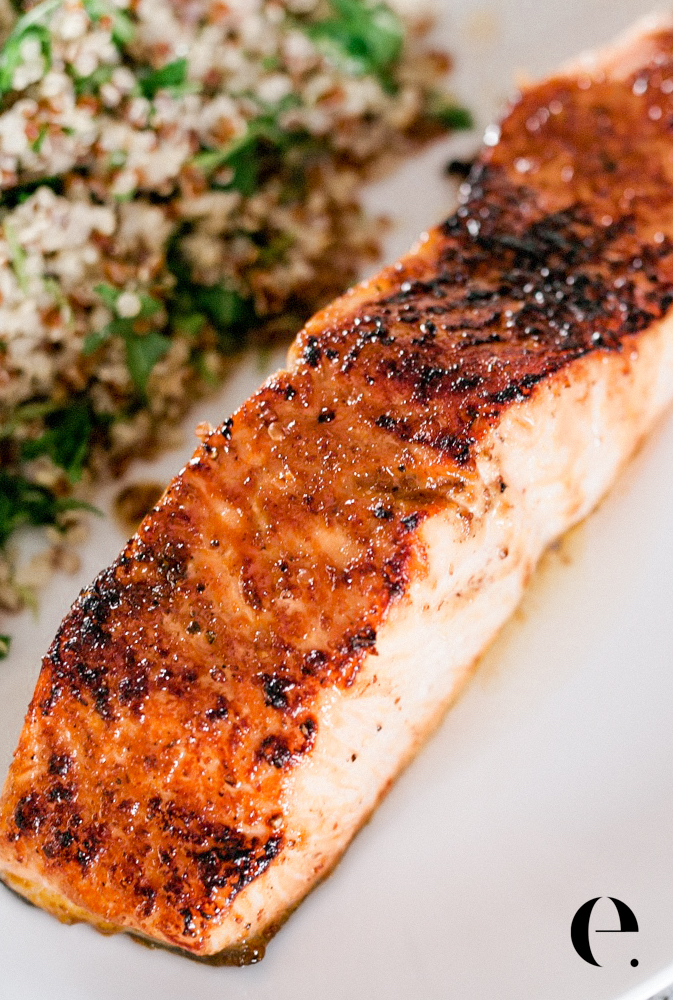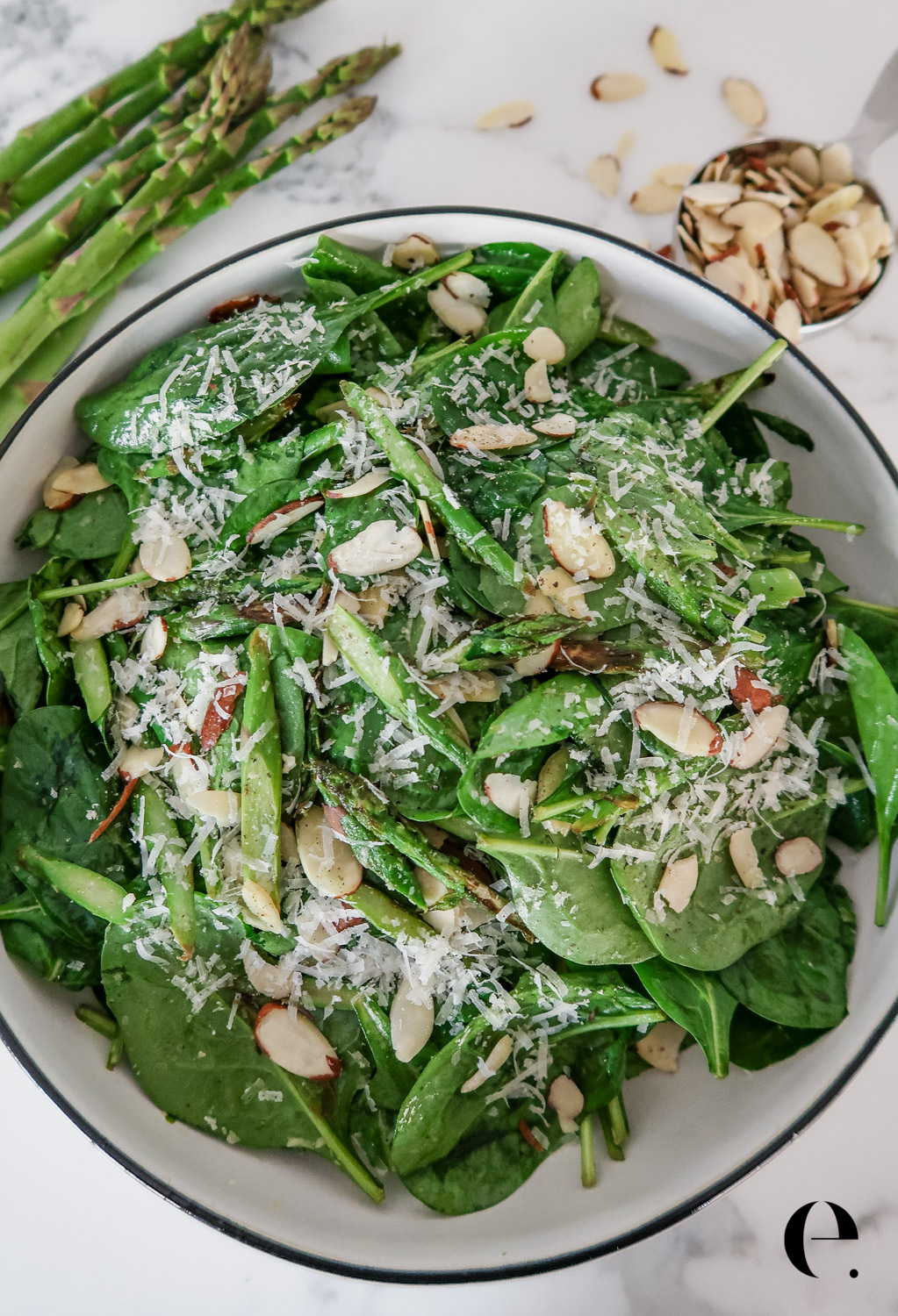“Don’t freak out, but….,” was how my sister started the phone call last week.
“Mom and dad both have covid.”
My heart sank 🙁
Having had Covid-19 myself back in March (hear details here of my positive antibody test if you missed it, it’s under the Covid Update story), I knew that most younger people get through it just fine. But my parents are both over 70 and my dad has had cancer of the blood since I was in high school.
Vitamin D, Covid-19 & Immune Health
After feeling pretty ill for the last week, I’m happy to report that mom and dad both seem to be ok. They’re still being closely monitored, but I thought this would be a good time to remind everyone in my life that low vitamin D (i.e. vitamin D deficiency) may be associated with greater prevalence and severity of respiratory infection. I’ve had my parents taking 2000IU of vitamin D daily for the last few years, and while I can’t for sure know if that helped, I can’t help but think it was a factor in boosting their immunity to get them through this.
Now, there are many factors in how a person responds to a virus. I’m in no way saying that vitamin D is a panacea for the coronavirus pandemic. However, there are numerous studies connecting vitamin D levels to respiratory infections, particularly here:
A recent meta-analysis found that vitamin D supplementation reduces total mortality [8]. Global levels of vitamin D deficiency have been underestimated widely and there is a growing consensus that serum levels of vitamin D should be maintained above 30 ng/l (75 nmol/l). With low vitamin D status being associated with so many diseases it would seem that dietary supplementation would be a cost-effective measure to improve the general health of the population, particularly in the elderly, and in individuals who receive insufficient exposure to direct sunlight.(1)
Contrary to the name, vitamin D isn’t actually a vitamin, it’s a hormone. It was thought to be a vitamin when it was discovered, hence the name. But we now know that it’s a hormone, and every tissue in the body has vitamin D receptors, including the brain, heart, muscles, and immune system, which means vitamin D is needed at every level for the body to function. (2)
How to Increase Your Vitamin D Levels:
1. First know your current vitamin D level
You can get a vitamin D test at your doctor’s office, or order your own from a company like Everlywell to do at home (they have a 25% off special for Prime day today if you are interested). Most doctors I’ve worked with (and the study referenced above) suggest that vitamin D levels should be at least 30 ng/l. Please work with a healthcare provider if you have questions about your levels.
2. Calculate much you need
My friend Sue Ward, the director of nutrition at Sanoviv Medical Institute, told me about this really cool site that calculates how much vitamin D you should take to increase your levels. (I am not associated with this site, it’s simply something I’ve found useful). Check out the GrassRoots Health Vitamin D Calculator here.
3. Take vitamin D3 as indicated by the vitamin D calculator in step 2
You are your own best health advocate. Please work with your healthcare provider if you have specific questions about your vitamin D levels. You can find a vitamin D3 supplement at your local health food store, natural grocery store, or from your doctor’s office.
With flu season upon us in the northern hemisphere (which some physicians suggest is due to atmospheric changes from around October-February), and a global pandemic that doesn’t have a clear end in sight, it seems prudent to stay on top of your vitamin D levels and do what you can to boost your immunity.
9 Ways Boost Your Immune Health:
1. Maintain Adequate Vitamin D Levels
Maintain vitamin D Levels between 30 ng/l – 80 ng/l. See the section above to understand how to check your vitamin D levels and calculate what you need.
2. Stay Hydrated
Aim to drink half of your body weight (in pounds) in ounces of filtered water each day. For example, if you weigh 150 pounds, aim for 75 ounces of filtered water each day. Hydration is critical to your immune function. Bonus: add a pinch of sea salt to your water bottle each time you fill it to help your body absorb more water.

3. Eat mostly real food & increase your fruit and vegetable intake
Fill up on whole fruits and vegetables, and eliminate (or at least decrease) processed and added sugars. Unprocessed whole grains and unprocessed, grass-fed/natural meat & seafood can also be part of a healthy diet. And consider a high-quality multivitamin. A multivitamin does not replace fruits and vegetables, but it can help fill in gaps. Find over 300 healthy recipes here!
4. Do NOT engage in extreme dieting
Extreme diets task your immune system. If you need help with understanding healthy eating, refer to my book The Health Habit.
5. Get Your Heart Rate Up Every Day
Get 30-45 minutes of moderate exercise each day. It doesn’t matter what you choose, just be sure to move your body and get your heart rate up. Brisk walking that increases your heart rate counts. If you are an athlete or exercise extra hard, you’ll need to sleep even more and eat even healthier to recover. Too much exercise can weaken your immune system, so if you’re concerned about immunity this is not the time to train for a race.
6. Improve Your Emotional Wellbeing
Call a friend or loved one and engage in loving conversations at least once a day. Your emotional connections directly affect your immunity. Are you holding a petty grudge? Do you take things too personally? Are you letting other people negatively affect you? Let it go. Take deep breaths and bless and release what does not serve you. Read The Four Agreements if you need help in this area. It’s quite inexpensive on Amazon.
7. Sleep like your life depends on it — because it does!
Sleep is critical to healthy immune function. Get at 7-8 hours of sleep every single night. Lack of sleep can be worse for your immune health than eating a diet filled with fast food and sugar. Don’t trick yourself into thinking that you can slack on sleep because you ate a salad.
8. Stay mindful of media.
Do not engage in the 24-hour news cycle—it is there to keep you addicted so they can keep it on the air via advertisements. (Sad, but true and a different topic for a different day.) I believe world news and social issues matter. But there’s no need to check updates every 20 minutes like a drug addict. Find a news source you trust and spend no more than 10-15 minutes staying up to date. I like the daily Skimm if you are looking for a good source. They send a bullet point email Monday-Friday.
9. Reduce stress as much as possible.
Do you really need to stay up until 2am decorating the porch for Halloween? Not if it means weakening your immune system. Everything listed above will help reduce stress in your life. High stress levels negatively impact your immune health. Take a breathing break, do some gentle stretching, take a hot bath or shower and do what you can to relax.
The Key Role of Vitamin D in Mental Health
On a side but related story, my community manager (who also happens to be a registered psych nurse), just mentioned how vitamin D also plays a critical role in mental health. I think it’s safe to say that we all need as much help as we can get right now to maintain our mental health, too. Just one more reason to get your vitamin D level checked!
Ok, that’s my soapbox for the week. Take extra care of your health and immune system. More details and information about boosting your immune system can be found in my book, The Health Habit, which is available on Amazon and bookstores nation-wide.
And remember, always work with a licensed healthcare provider if you have specific questions about your health and seek medical treatment when needed.








Best wishes for your parents good health. I’m curious to know, did your parents mask?
Hi M, yes, they were diligent about wearing masks.